
Latest ocean news

Sea creatures named after land animals
In celebration of World Wildlife Day on 3rd March, we’re shining a light on the incredible diversity of life in our seas. Here, we take a closer look at some marine species that share their names with animals you’d typically expect to find on land, not un
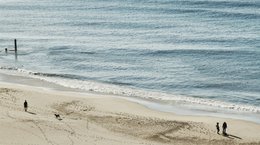
Positive ocean news: February ’26 edition
Feel inspired by the latest ocean wins, from species discoveries and conservation to legislation that protects our seas and prevents pollution.

Which marine animals would claim gold at the Winter Olympics?
As we enter the final few days of the 2026 Winter Olympics, we take a look at the marine animals that would be sure to steal the number one spot in the games.

What type of whale species can be spotted in UK waters?
Take a closer look at some of the incredible whale species that you might see visiting our waters if you are lucky enough!
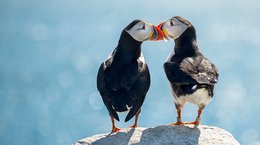
Valentine's Day: Marine life edition
To celebrate Valentine’s Day, we’re taking a look at some of the most romantic species in UK waters – alongside some species that prefer to be alone. These marine marvels express their affection in unique and fascinating ways. Let's dive into their extrao

Policy update round-up: February ‘26
It’s been a busy month for policy updates across the UK, so we’ve broken down the top announcements and what they mean for our seas.
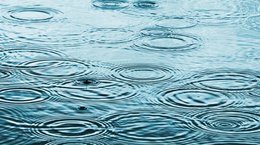
The UK Government PFAS Plan on ‘forever chemicals’ explained
The publication of the long-awaited PFAS Plan published by the UK Government demonstrates the impact of the work that we have been a leading NGO voice on.

Boost your mood with a winter beach walk
The beach isn’t just for summer - the seaside in winter has its own magic. Crisp air, peaceful surroundings and stunning views make it the perfect escape. Beyond the beauty, there are real benefits to walking by the sea during the colder months.
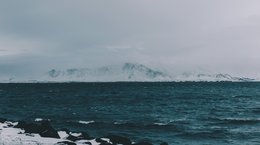
Positive ocean news: January ’26 edition
Discover the latest policies, species and conservation news that will positively impact our ocean
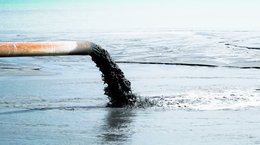
The UK Government’s new vision for water
The UK Government has published its Water White Paper, which sets out their proposals for future legislation for the water industry and wider water system in England.
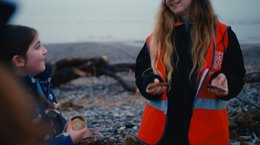
Everyday ocean heroes: The power of community action
The ocean is facing unprecedented challenges. From pollution to the loss of vital oyster reefs, marine life is struggling to survive - but recovery is possible. Behind every restored reef and regenerated habitat are passionate individuals working to bring health and balance back to our seas.

Seas The Day
Start the new year by taking on a challenge for the ocean in 2026. The more people who fundraise for us, the more we can do to help the ocean. We've rounded up some of events from around the UK you can get involved in - Seas The Day and choose your challe

How to reduce ocean plastic pollution in 2026
Ocean plastic pollution is a major concern for the planet and its wildlife. Discover why reducing plastic is important and how you can help combat it in 2026

Positive ocean news: December '25 edition
Dive into our final round up of positive ocean news stories from 2025.

12 ways to save our seas
This Christmas, let’s celebrate in a way that helps to restore life beneath the waves. From gifting the ocean a future by helping us grow baby oysters that purify our waters, to reducing plastic waste and making ocean-friendly resolutions, there are countless ways to make your festivities matter.

Turning the tide together: Our parliamentary year in review
This year has been one of milestones for the Marine Conservation Society. 2025 proved that when we work together, the ocean thrives. Here's our round-up of our Westminster wins.

5 reasons you should consider giving to charity
Donating to charity has lots of benefits for you and us. Here are five reasons you should give to charity.

The Prince of Wales celebrates our volunteers
On Tuesday 25th November, His Royal Highness The Prince of Wales joined us in Colwyn Bay, North Wales, to meet the people who make our work possible: our volunteers and young conservationists.
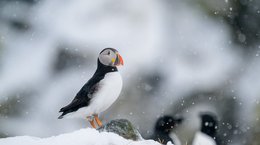
What's your festive ocean personality?
From the roast potato loving dolphin to the festive stress head puffer fish, find out which ocean personality sums you up this December with our highly scientific summary of how we think different marine creatures would react to Christmas.

Positive ocean news: November '25 edition
Looking for some ocean optimism? Dive into our November 2025 round-up of positive ocean news stories and join us in celebrating the wins for our seas.

